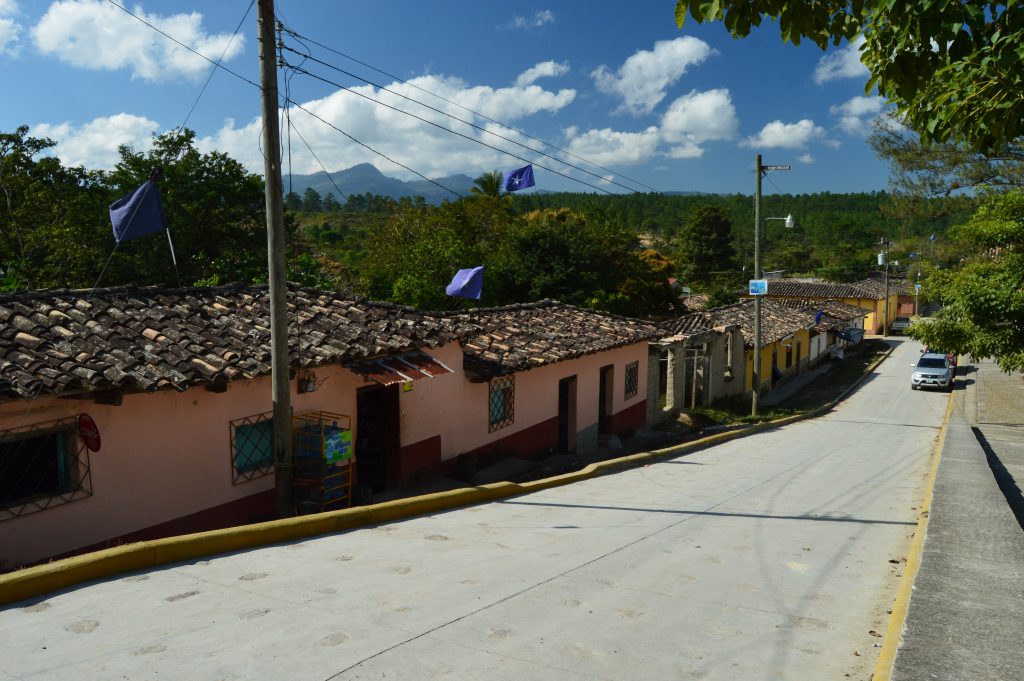With neighborhoods reaching near the top of the Opalaca Mountains, Belen seems an unlikely location for a voter participation rate of 94 percent – highest in Honduras.
A visit to the town, however, uncovers not only the mystery behind the rate, but also the illicit path taken by the ruling National Party to consolidate power at the municipal level and win elections.
“Especially in this election period there were a ton of inconsistencies,” said outgoing mayor Olvin Reyes, of the opposition Liberal party. “For example, people that voted that don’t live here.”
In 2013, Reyes eked out a victory by a mere 17 votes, making him a prime target in the election last November.
In the year before the election, the National Registry of Persons (RNP) processed an exorbitant 712 residency transfers, raising the number of eligible voters in Belen by almost 30 percent. Of those transfers, according to documents viewed at the local office of the RNP, at least 301 were processed without supporting documentation at the behest of national leadership.
The European Union Electoral Observer Mission noted that it had “collected credible evidence of this practice in rural municipalities” that is intended to tilt the election toward mayoral candidates of the ruling party, which controls the RNP.
At several voting centers residents reported seeing many faces they’d never seen before.
“The people from the community know who’s from our neighborhood,” said Dilcia Orellana, an observer for Alianza at the voting center near her home high up in the mountains. “It was my job to ink the fingers of the voters and I knew there were people who weren’t from our community.”
Although transferring voters from partisan strongholds to towns with competitive elections doesn’t affect the vote for congress or president in the short-term, it represents part of a long-term strategy that has helped president Juan Orlando Hernandez, of the National Party, win the past two elections.
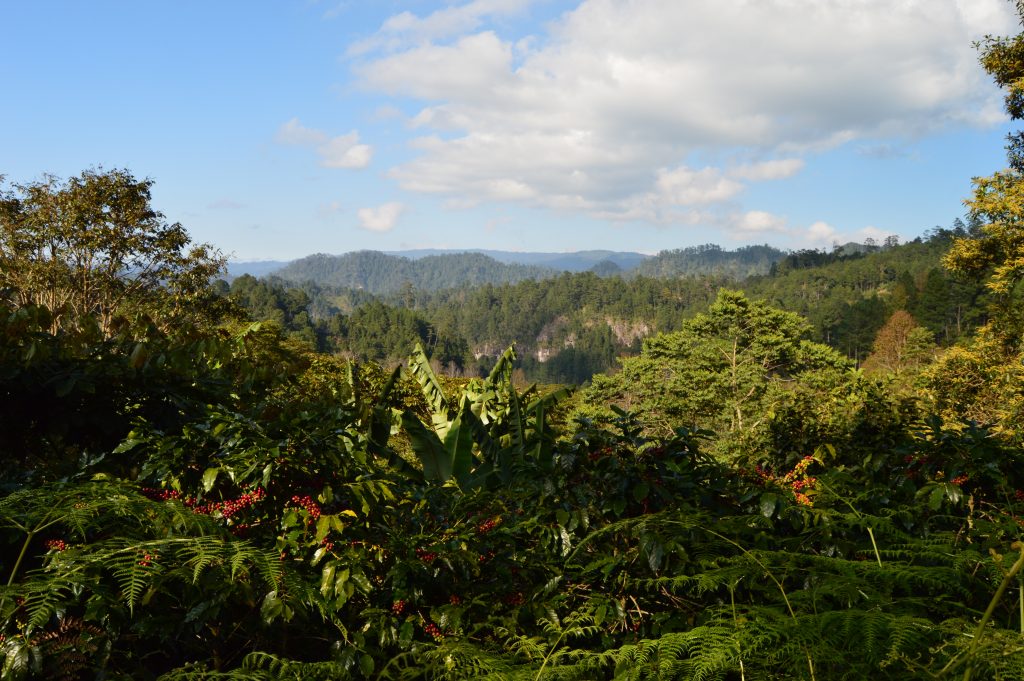 Foto: Jeff Ernst
Foto: Jeff Ernst
That’s because in Honduras, particularly in rural towns, the most accurate predictor of how a town will vote for congress or the president isn’t its electoral history or political leaning, but rather the political affiliation of the mayor, or in some cases, the mayor-elect.
In the department of Lempira, where Belen is located and Hernandez calls home, only four towns were won by opposition presidential candidate Salvador Nasralla. Three of those towns had opposition mayors. The fourth had an opposition mayor win his race and thrust the top of the ticket to victory.
Further inflating participation was a loophole that permits party representatives to serve as observers and cast their votes at polling stations outside their hometowns. Although it was thoroughly exploited by all parties, none more so than the National Party, which employed its vast resource advantage to purchase credentials from allied “suitcase” parties and stack the deck in its favor.
The coup de grace that sealed the election for the National Party was a politicized government assistance program called Vida Mejor, or Better Life, which provides conditional cash transfers, latrines, houses and other benefits to families living in poverty.
In communities where there is a mayor representing the ruling party, he or she oversees the disbursement of Vida Mejor benefits. But where there is an opposition mayor, the representatives of Vida Mejor operate as a shadow government, excluding city hall from its activities.
During the campaign, the de facto leader of Vida Mejor in Belen was the National Party’s mayoral candidate Wilson Membreño.
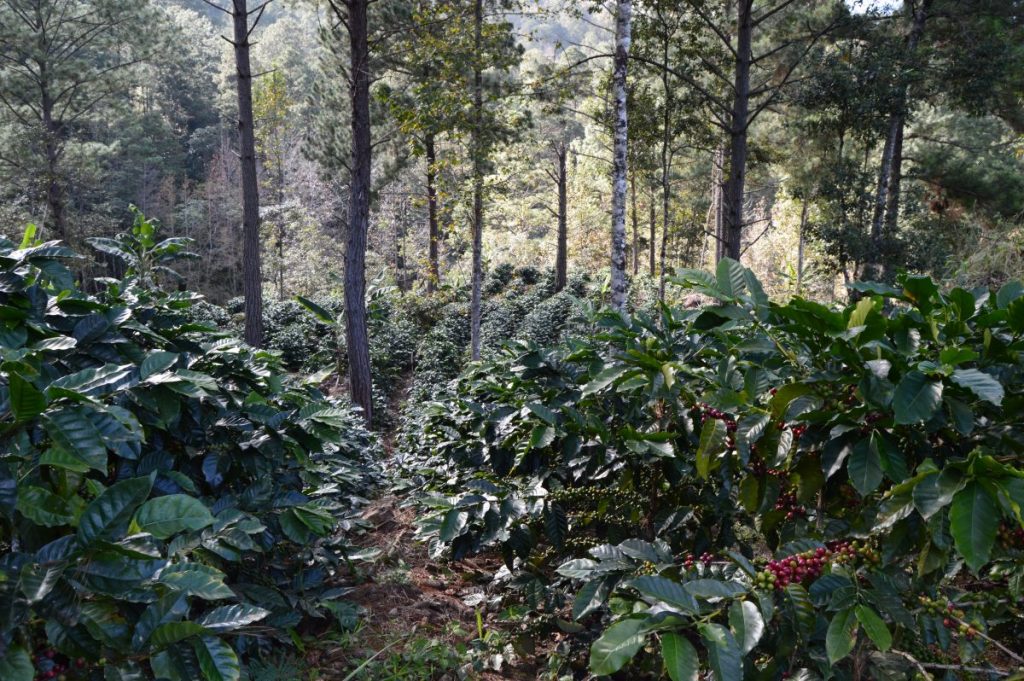
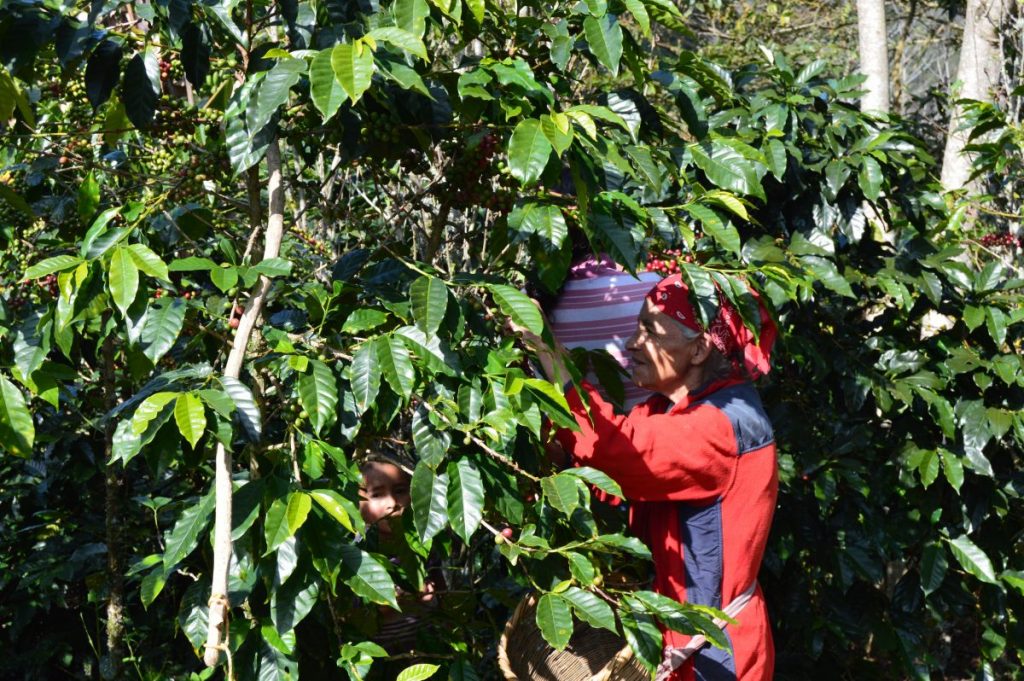
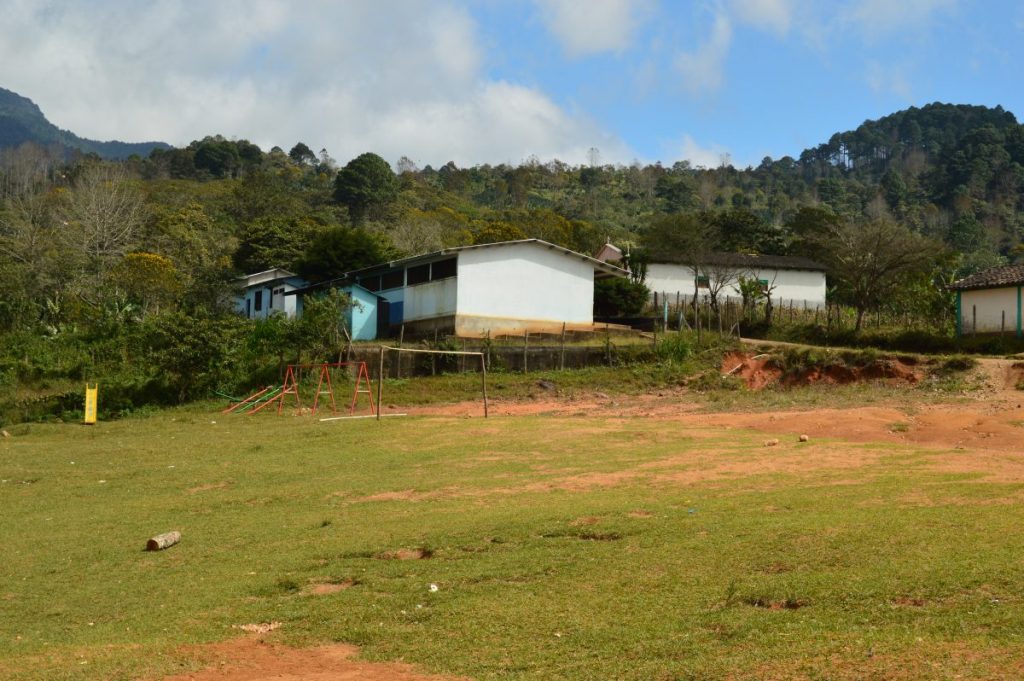
“[Vida Mejor] has its team of activists that serve as family guides they’re called, and they’re activists of the National Party who go and visit the people and work to possibly conquer a person’s vote,” said Reyes.
Near the farthest reaches of the sinuous roads that carve up the mountainside is the home of Feliciana Amaya. A single mother of two young children, Amaya subsists like most residents of Belen on meager earnings from the seasonal coffee harvest.
By all measures she is the perfect candidate for a number of Vida Mejor benefits. Yet it wasn’t until just before the election that she received her first visit from a representative.
“He came to say that there was a sign-up point for benefits in Belen and that it was at Wilson Membreño’s house,” said Amaya. Later, the representative allegedly told her that if she voted for the opposition her application would not be approved.
“In Honduras there was a kind of right-wing populism based on fear,” said Raul Pineda Alvarado, a former National Party congressman and political analyst. “If the opposition wins you are going to lose your bag of food, your roof, your eco-stove, your floor, your latrine, all those things.”
With every branch of the government working in favor of the ruling National Party, members of opposition parties faced long odds on election day.
“In the end, we felt that it was a fight between David and Goliath,” said Reyes, who lost his bid for reelection by just over 200 votes, a number lower than the amount of illegal transfers in his town.

